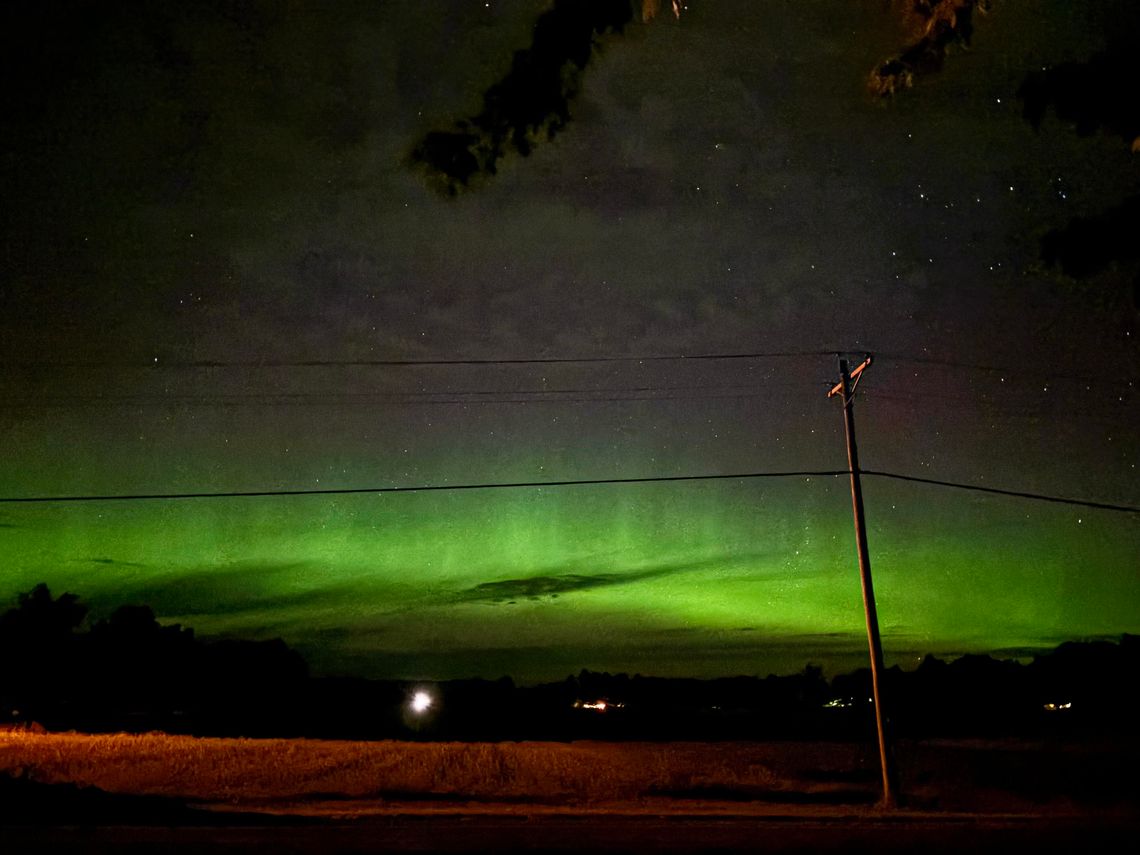With all of the natural beauty found on the Leelanau peninsula during the daytime, it’s no surprise that the county is also just as fantastically eye-catching during the evening.
Michigan is a great place for stargazers to take in the night sky all year-round. Beaver Island State Wildlife Research Area was certified as Michigan’s first International Dark Sky Sanctuary earlier this year, but if you can’t make a trip out there, the Leelanau peninsula is a close second for observing the stars in all their glory.
After the sun sets, the evening sky, with its clear views of brilliant stars, planets, and sometimes even Northern Lights, lights up and dazzles onlookers searching for vibrant views from above.
PLEASE LOG IN FOR PREMIUM CONTENT. Our website requires visitors to log in to view the best local news.
Not yet a subscriber? Subscribe today!



